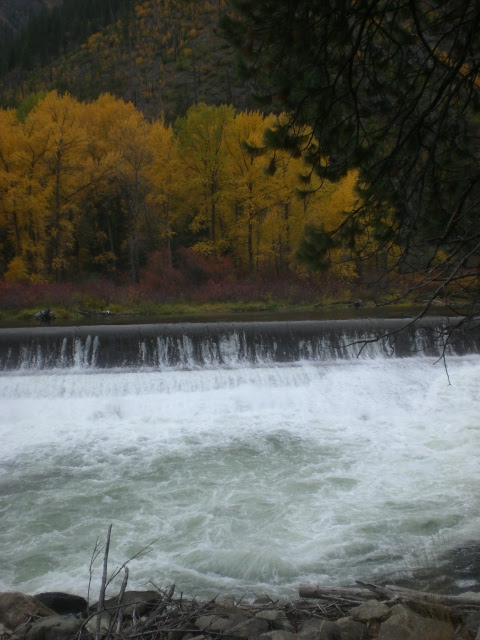“Oh, for crying in the sink!” Though my dad’s been gone nearly forty years
(he would have been 101 this year) I can still almost hear his “sinking”
expression of frustration when doing home repairs, especially on the family washer and
dryer. Never from him did I hear cursing, forms of "hell" or crude derivatives of deity terms that amounted to taking the Lord's name in vain. He was different from many of his era.
Sadly, today I hear foul language in common conversation far too much. Even from the church pulpit I've heard people use slang terms incorporating God's Name (think: OMG and its relatives). I cringe to hear it.
As for Dad's silly saying, I grew up assuming it went with the image of a frustrated, bawling person leaning over the bathroom sink while
copious tears went down the drain. Then recently, wondering if I might be wrong, I researched
both library and internet sources for possible origins. One source thought it
might be a modified oath, vaguely changing the words “Christ’s” and “sake.” But
swearing and taking the Lord’s name in vain just weren’t in my dad’s spiritual DNA.
Still, it’s interesting to me that a blog I wrote about the
phrase (July 17, 2010) became the fourth most frequently accessed entry in the
eight years I’ve written this column. If the readers were searching for origins
of idioms, I’m afraid they didn’t find an answer, as that blog discussed the
different types of human tears.
Sometimes I wonder: do we make too much fun of tears? When I
read psalms and other Old Testament passages, I keep running across leaders of
those times crying a lot.
“All day long I flood
my bed with weeping and drench my couch with tears.” (David, Psalm 6:6)
“Hear my prayer, O Lord, listen to my cry for help; be not
deaf to my weeping.” (David, Psalm 39:12)
“My tears have been my food day and night.”(“Sons of Korah,”
Psalm 42:3)
Jeremiah and Lamentations drip copiously as the author weeps
over his nation’s poor choices,
These folks weren’t crying in the sink. They were crying before God.Sometimes I do that, too. I am so bewildered, hurt, frustrated or grieving that there seems no other appropriate response. But I don’t stay there. I remember another promise:
Those who sow in tears
will reap with songs of joy. He goes out weeping, carrying seed to sow, will
return with songs of joy, carrying sheaves with him. (Psalm 126)
This psalm is subtitled “A song of ascents” and was one that
pilgrims sang as they “ascended” through the hills to Jerusalem Babylon
Crying in the sink? No--in
this case, crying with the saints. And
that can be a good thing.




